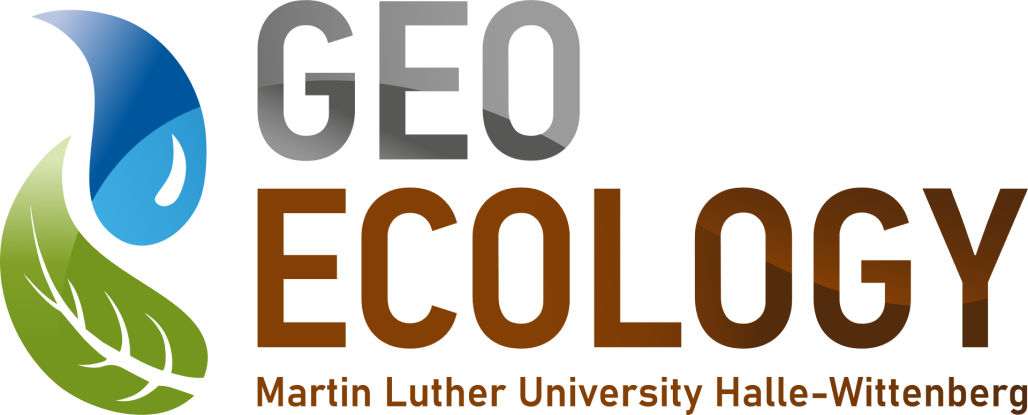KULUNDA is intended to make a significant contribution to the adaptation of land use to site conditions and climate change, to the reduction of greenhouse gas emissions and to sustainable regional development in temperate grasslands. The development and establishment of a self-sustaining land use management system that can be transferred from this model region to other conversion areas in temperate grasslands, the “breadbaskets of the world”, is of particular interest to the international research network.
Sub-project leader:
- Manfred Frühauf
Team:
- Peter Liebelt
- Patrick Illiger
- Gerd Schmidt
- Eckart Stephan
- Milada Kasarjyan
- Kai Wegerich
Project partners:
- Martin Luther University Halle Wittenberg, Institute of Agricultural and Food Sciences
- Martin Luther University Halle Wittenberg, Institute of Biology
- Leibnitz University Hanover, Institute of Soil Science
- Friedrich Schiller University Jena, Institute of Geography
- Georg-August University Göttingen, Institute of Forest Sciences and Forest Ecology
- Georg-August-Universität Göttingen, Department of Agricultural Economics and Rural Development
- Helmholtz Centre for Environmental Research UFZ, Department of Soil Physics
- Potsdam Institute for Climate Impact Research, Earth System Analysis
- Leibnitz Institute of Agricultural Development in Central and Eastern Europe, Department General Conditions of the Agricultural Sector and Policy Analysis
- Leibnitz Institute of Agricultural Development in Central and Eastern Europe, Department of Farm and Structural Development in Rural Areas
- Leibnitz Institute for Regional Geography
- Senckenberg Nature Research Society, Department of Botany
- AMAZONEN-Werke H. Dreyer GmbH & Co. KG
- UGT Environmental Equipment Technology GmbH Müncheberg
- Altai State University Barnaul, Faculty of Geography
- Altai State University Barnaul, Faculty of Biology
- Altai State Agricultural University Barnaul, Institute of Agricultural Engineering
- Altai State Agricultural University Barnaul, Institute of Agricultural Economics
- Altai State Agricultural University Barnaul, Institute of Agrochemistry and Agroecology
- Institute for Water and Ecological Problems of the Siberian Department of the Russian Academy of Sciences
Background and objectives:
The overall project goal “How to prevent the next global dust bowl?” is to be achieved within the framework of the following key work areas:
- Analysis of the fundamental interactions of agricultural cultivation methods on soil properties,
- Development and implementation of adapted utilisation systems and possibilities for steppe restoration,
- Analysis of the impact of natural and social conditions on land use decisions, and
- Creation and implementation of a planning and advisory platform to support the introduction of ecologically and economically sustainable land use strategies.
Methodical approach:
The joint project is supported by 11 sub-projects. Each of the sub-projects involves Russian cooperation partners who support the scientific goals of KULUNDA and are funded by the Russian side.
- SP0 – Project coordination
- SP1 – Soil degradation
- SP2 – Soil water and matter balance
- SP3 – Soil carbon
- SP4 – Vegetation
- SP5 – Geoinformation
- SP6 – Carbon modelling
- SP7 – Cropping systems technology
- SP8 – Economics of agriculture
- SP9 – Social and institutional factors
- SP10 – Implementation
Expected results:
Adaptation of land use to site conditions and climate change, for the reduction of greenhouse gas emissions and for sustainable regional development in temperate grasslands

